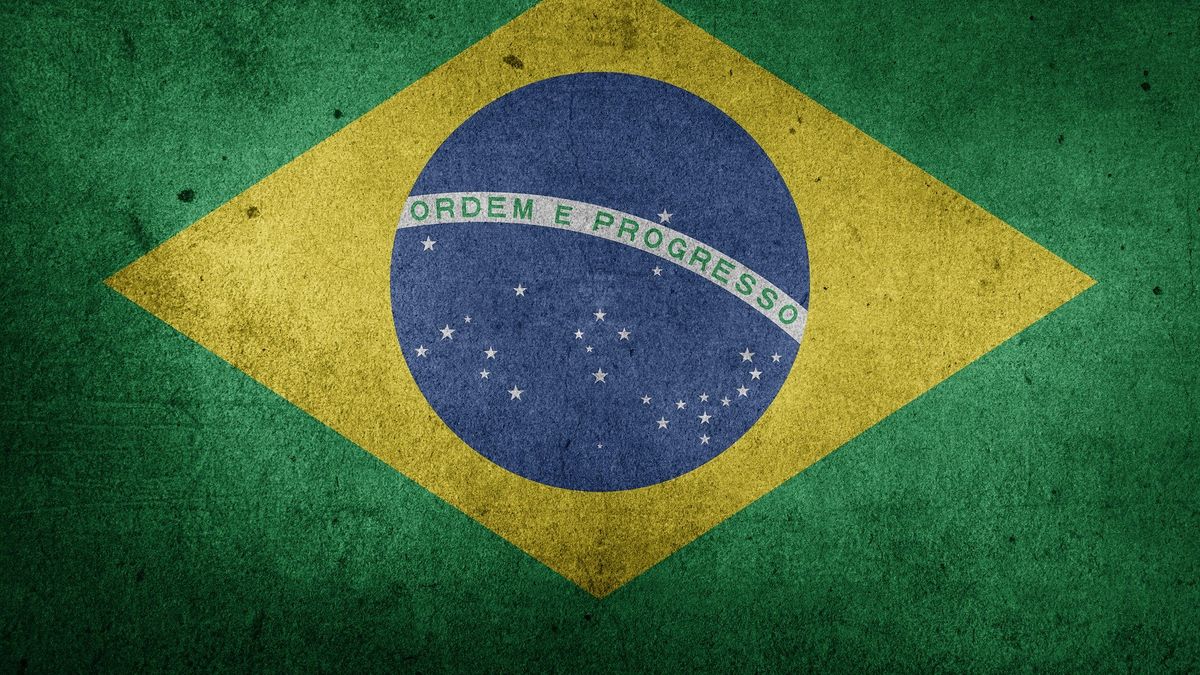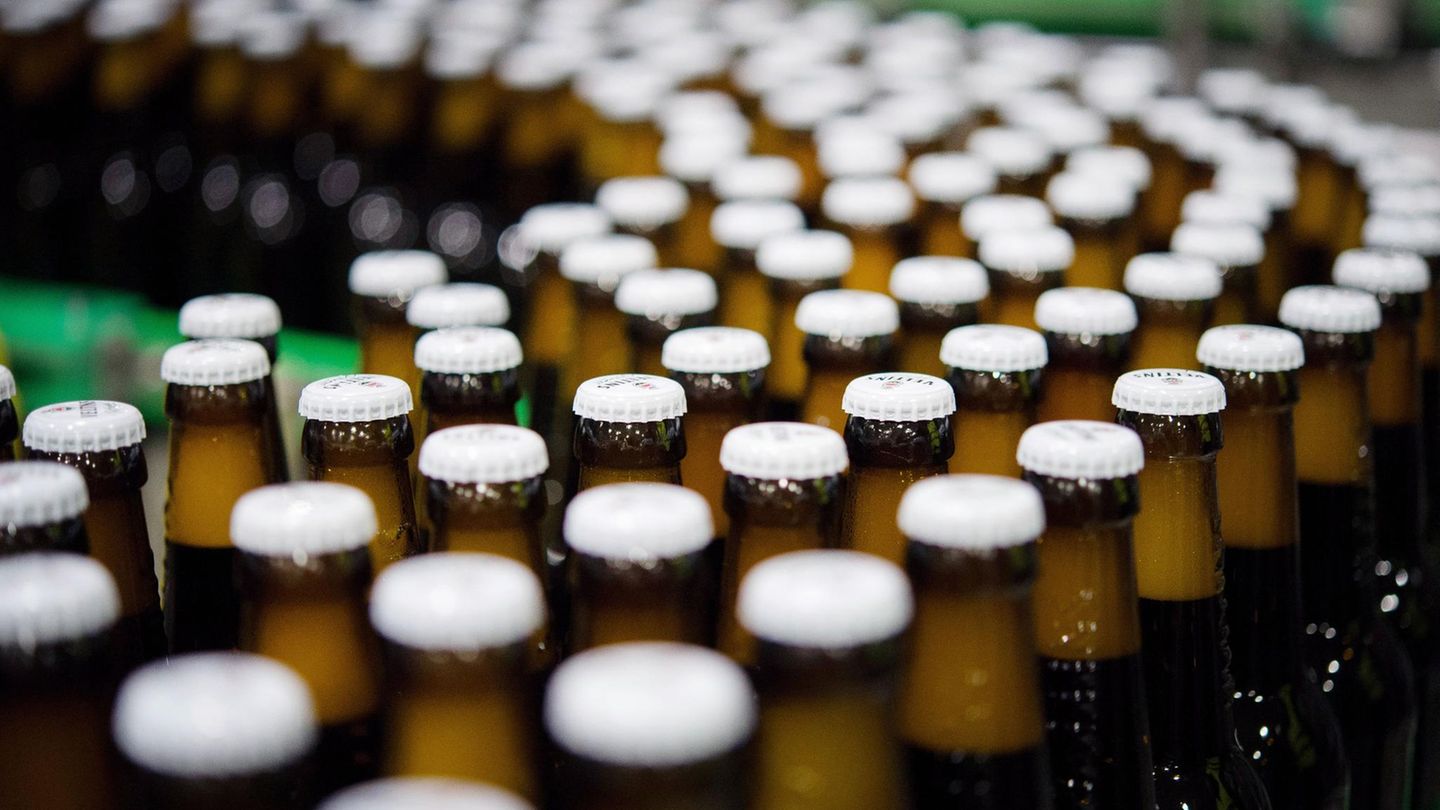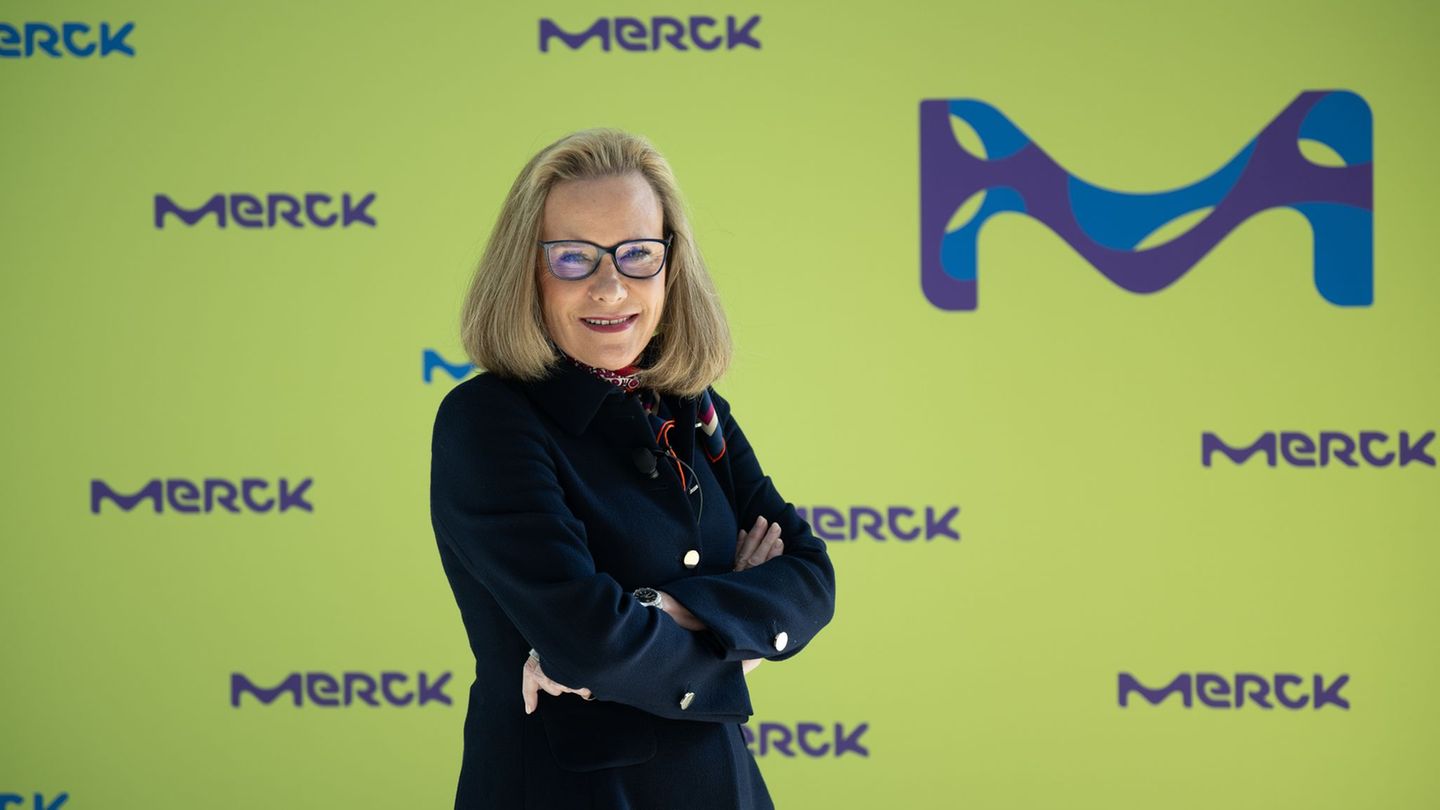According to analysts, the drop in growth in the fourth quarter compared to the third reflects the cessation of stimuli to the economy after Bolsonaro lost his re-election to Luiz Inácio Lula da Silva.
The financial market expects GDP growth of 0.8% in 2023, according to the Focus Bulletin of the Central Bank.
- The services sector was largely responsible for the blue numbers of Brazil’s GDP in 2022, with a rise of 4.2%, followed by industry with 1.6%.
- Agricultural activity fell 1.7% while household consumption advanced 4.3%.
- The expenses generated by the State in its three dimensions advanced 1.5%.
- The investment rate in 2022 was 18.8% of GDP, while that observed the previous year was 18.9%, said the IBGE.
Brazil, the main Latin American economy with the most developed industry in the region, had within the industrial segment an increase of 10.1% in the sector of water and energy and waste management, while a growth of 6.9% was registered in the construction.
For its part, the transformation industry, heavy industry, fell 0.3%.
Within services, the segments of transportation, storage and mail (8.4%), information and communications (5.4%), real estate activities (2.5%), administration, defense, public health and education, and security grew social (1.5%), trade (0.8%) and financial activities, insurance and related services (0.4%).
In the analysis of spending, there was an increase of 0.9% in Gross Fixed Capital Formation, thus adding its second consecutive year of growth.
In the foreign sector, exports of goods and services grew by 5.5%, while imports increased by 0.8%.
The financial market expected a 3% rise in GDP and a smaller fall in the fourth quarter.
The data from the last quarter is considered key to Lula’s first-year performance.
GDP fell 0.2% in the fourth quarter of 2022 compared to the immediately previous quarter, driven by a 0.3% drop in industry, despite a 0.3% rise in the agricultural sector and a 0.2% rise of services.
The deceleration of the economy can be verified with the records of the quarters: in the first it had risen 1.3%, in the second 0.9%, in the third 0.3% and in the fourth it was -0.2%.
This slowdown is being explained by the government as the influence of the 13.75% annual interest rate increase applied by the Central Bank since last October and maintained in Januarywhich generated claims from President Lula to the head of the monetary authority, Roberto Campos Neto, appointed by Bolsonaro and with a legal mandate until 2024.
Source: Ambito




